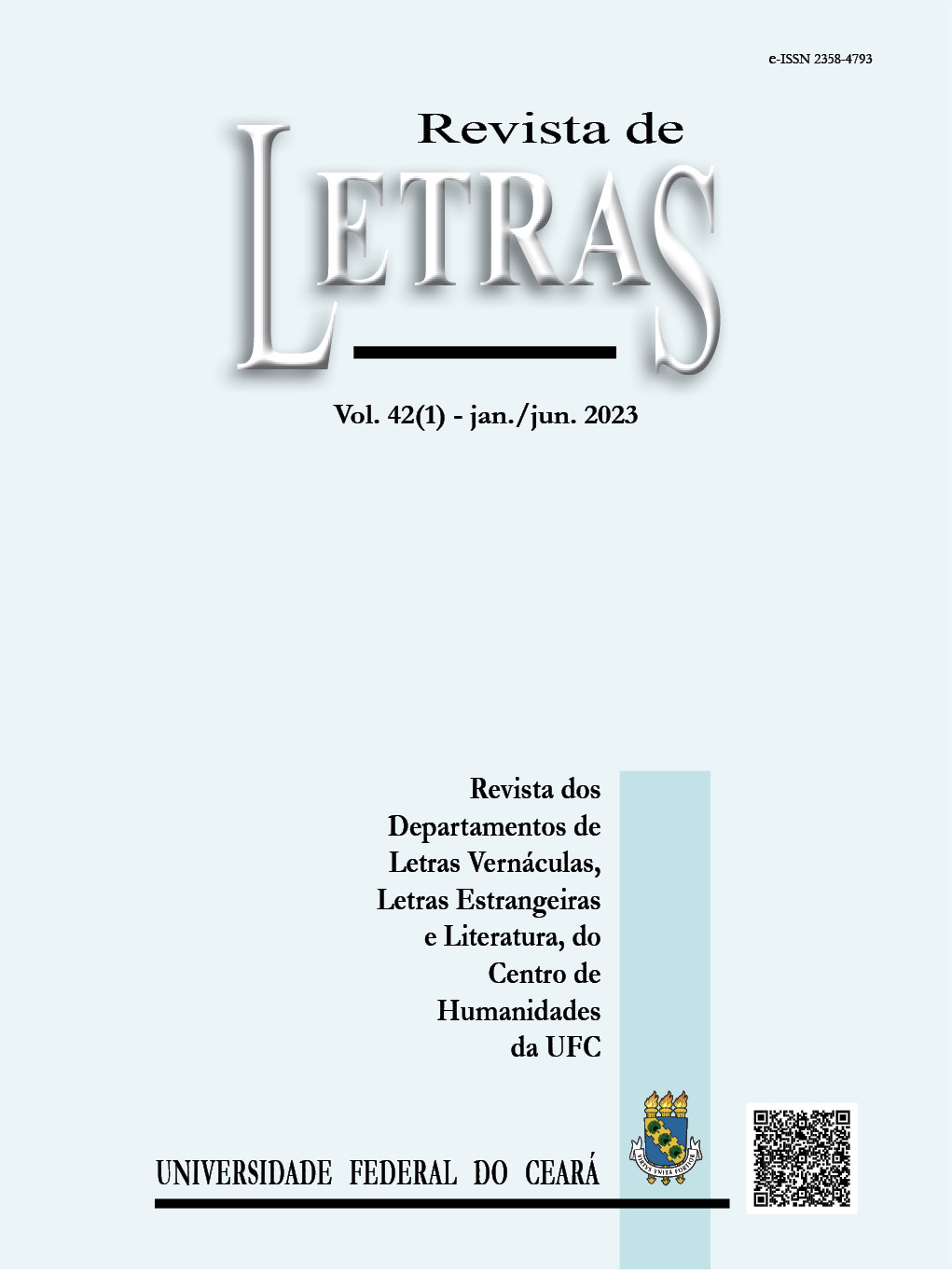ANNOTATING TRANSLATION AS A MEANINGFUL METACOGNITION-ORIENTED PRACTICE IN THE TRANSLATION CLASSROOM
DOI:
https://doi.org/10.36517/revletras.42.1.19Abstract
Translating is a cognitively complex activity aimed at tackling an ill-defined problem: selecting only one viable rendition in the target language from a series of multiple viable choices for a given text in a source language (PYM, 2003). Developing the ability to perform such an activity with a reasonable speed and justified confidence (PYM, 2003) may profit from learning how to perform a parallel activity, i.e., annotating, as a fruitful avenue toward metacognition (ALVES, 2005; SHREVE, 2006) and the articulation thereof. We argue in this article that annotating (or commenting) can be an effective practice in the translation of any genre and play a relevant role from the beginning of translator’s training. Building both on a review of expertise (ERICSSON, 2001) and translation pedagogy (GONÇALVES, 2020; ESQUEDA, 2020) and on our own teaching experience, we suggest that annotating translation can: a) be performed as part of deliberate practice (in the broad sense) during the translation process, b) honestly inform students and trainers about the difficulties faced during the process, c) invite useful feedback, and d) potentially leverage students’ metacognition.
Downloads
Downloads
Published
How to Cite
Issue
Section
License
Copyright (c) 2023 Revista de letras

This work is licensed under a Creative Commons Attribution 4.0 International License.
Autores que publicam nesta revista concordam com os seguintes termos:- Autores mantêm os direitos autorais e concedem à revista o direito de primeira publicação, com o trabalho simultaneamente licenciado sob a Licença Creative Commons Attribution que permite o compartilhamento do trabalho com reconhecimento da autoria e publicação inicial nesta revista.
- Autores têm autorização para assumir contratos adicionais separadamente, para distribuição não-exclusiva da versão do trabalho publicada nesta revista (ex.: publicar em repositório institucional ou como capítulo de livro), com reconhecimento de autoria e publicação inicial nesta revista.
- Autores têm permissão e são estimulados a publicar e distribuir seu trabalho online (ex.: em repositórios institucionais ou na sua página pessoal) a qualquer ponto antes ou durante o processo editorial, já que isso pode gerar alterações produtivas, bem como aumentar o impacto e a citação do trabalho publicado (Veja O Efeito do Acesso Livre).

.png)





.png)
